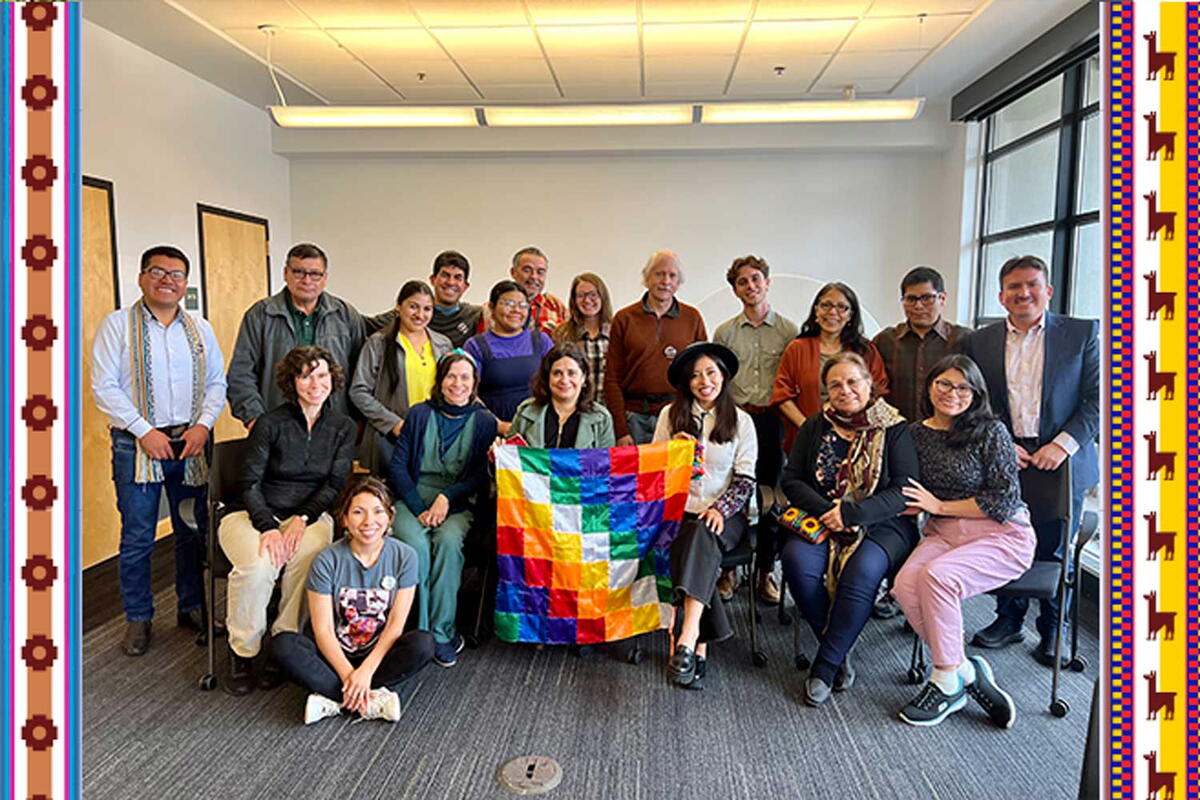

The Quechua Innovation and Teaching Initiative (QINTI) is an initiative housed within CLACS that aims to facilitate the coordination of efforts, experiences, and expertise connecting Quechua instructors and activists in the United States and Andean nations. QINTI’s first goal is to define shared objectives and content in the Quechua curriculum, including clear goals for each level regarding speaking, listening, reading, and writing. Based on this shared curriculum, QINTI members collaborate to develop open-access pedagogical materials that articulate shared grammatical, lexical, and fundamental cultural elements from a Pan-Andean perspective. In this way, QINTI aims to represent Quechua as a global and diverse culture shaped by migration processes, the rise of indigenous self-identification, and the use of modern technologies. Thus, alongside the speakers living in rural communities, the initiatives includes heritage speakers and their families in Andean nations and abroad.
Ultimately, QINTI wants to support the growing community of learners and instructors of Quechua as a second language in Andean countries and abroad. In this regard, QINTI plans to develop an Online Open Portal as a digital space enabling a connection between students at different schools in the United States and abroad. While QINTI is currently focused on the Southern variety spoken in Peru and Bolivia, the hope is that these materials will prove useful to instructors and students of other Quechua varieties in the Central and Northern Andes, who are also encouraged to join this project.
QINTI is directed by Carlos Molina-Vital, Quechua instructor at the University of Illinois at Urbana-Champaign. Instructors from the University of Pittsburg, University of Georgia, UT Austin, Rowan University, University of Colorado, and Harvard are involved with QINTI, in addition to a variety of language activists.
